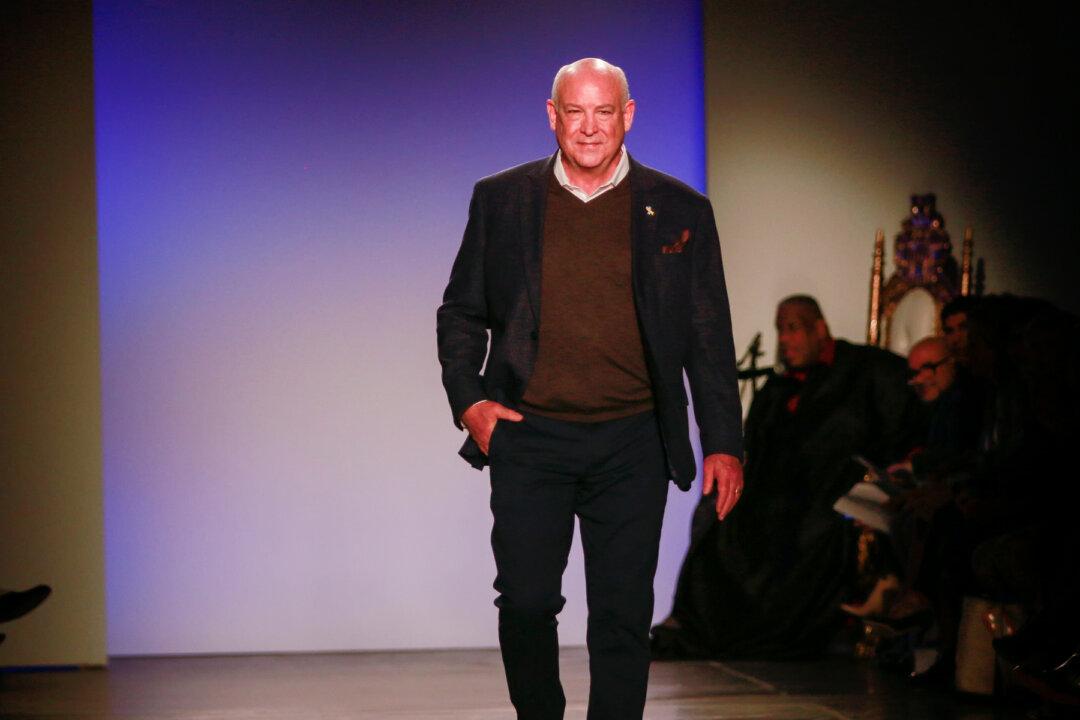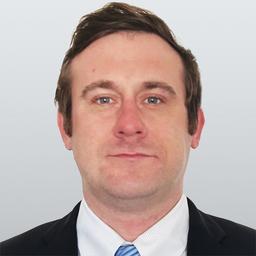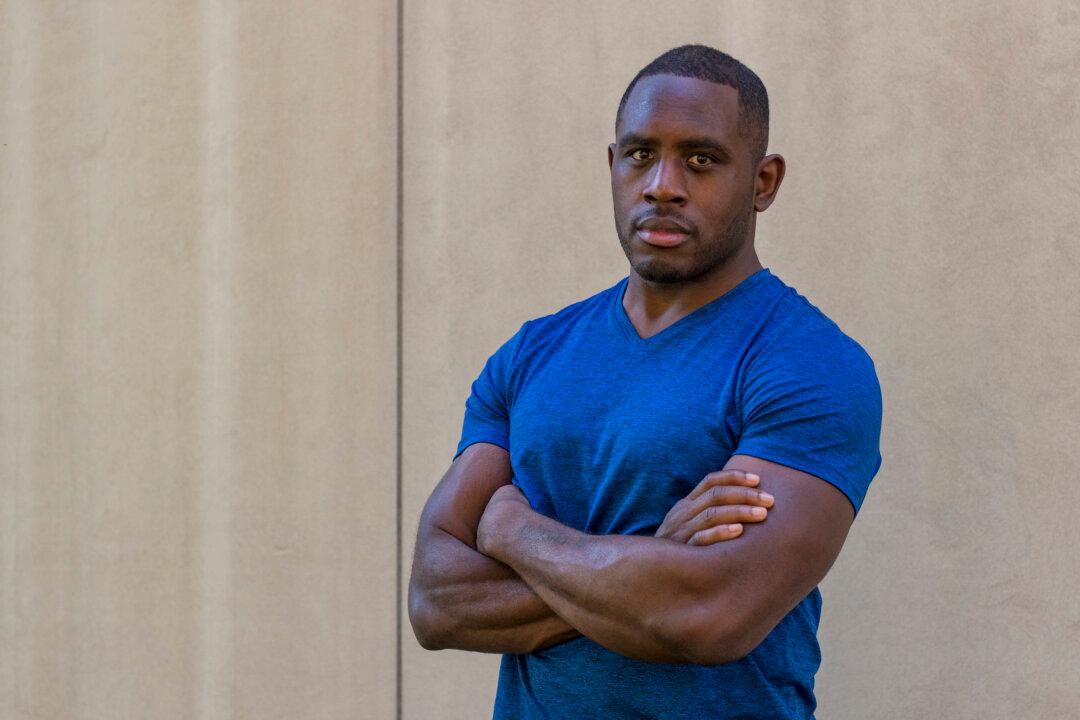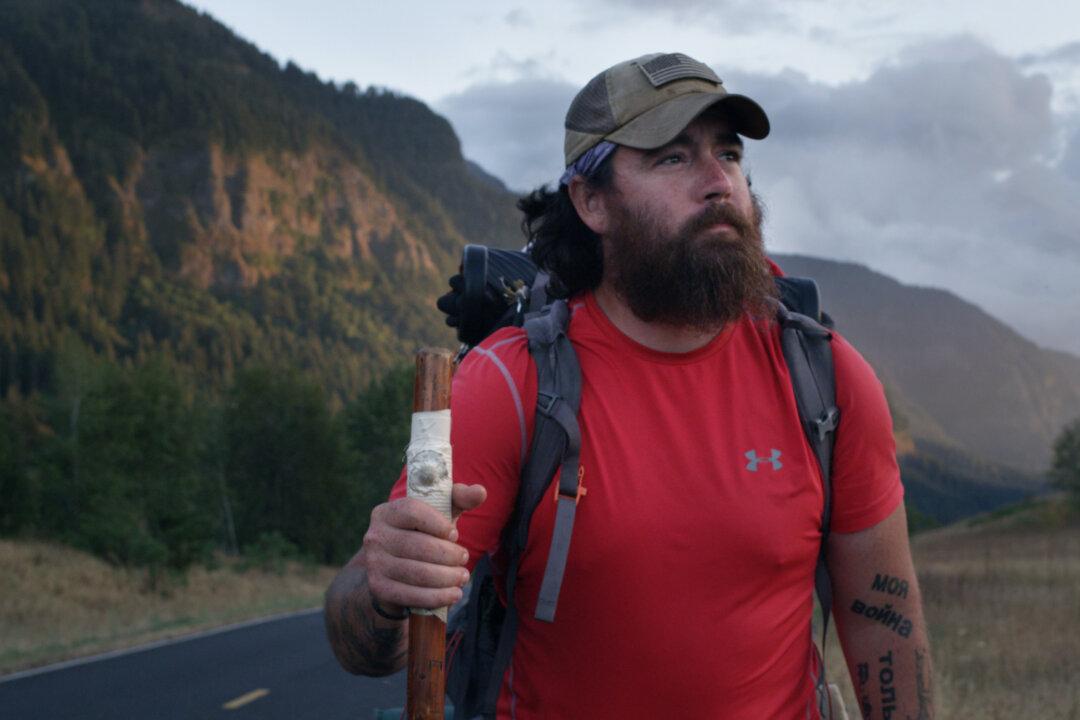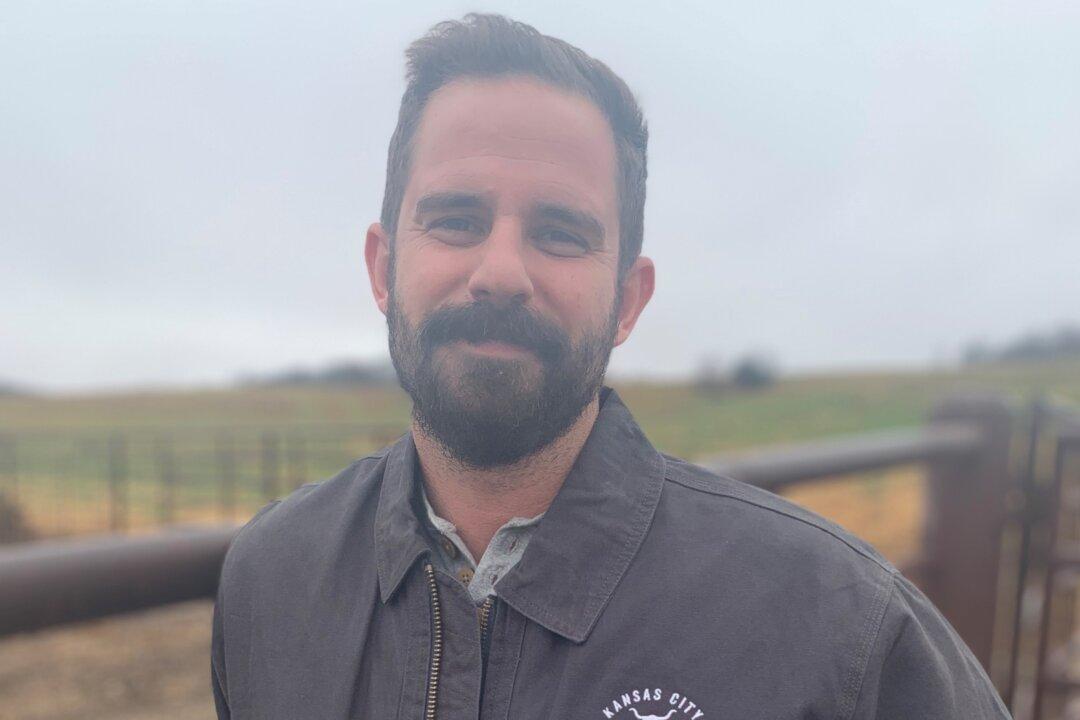While the reasons are still unclear, military veterans get diagnosed with prostate cancer at nearly twice the rate as civilians. Mike Crosby is one veteran who had his own fight the disease. Now, he’s dedicated his post-military career to helping his fellow veterans beat it.
Crosby is 59 years old and lives in San Diego. After he graduated from the United States Naval Academy in 1983, he went on to serve as a Navy pilot until 1996. After he transferred to the Navy Reserves, he retired in 2009.

